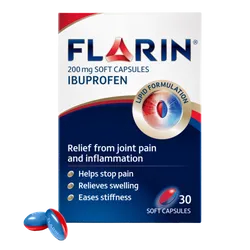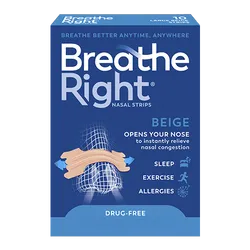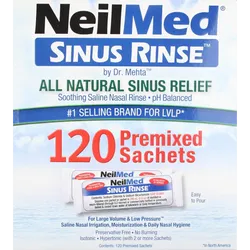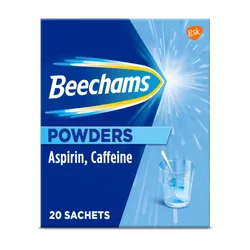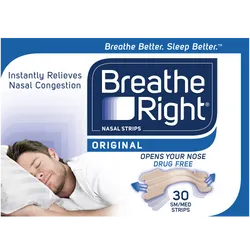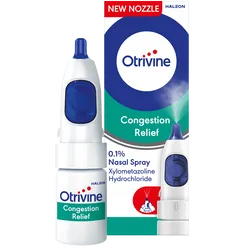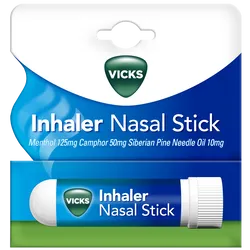Important Warnings
Do not take Beechams All-in-one Liquid 160ml if:
- You are allergic to paracetamol, guaifenesin, phenylephrine hydrochloride, or any of the other ingredients.
- You have kidney or liver problems (including alcoholic liver disease), overactive thyroid, diabetes, high blood pressure or heart disease.
- You have phaeochromocytoma (a tumour of the adrenal gland) or glaucoma.
- You are taking beta blockers (e.g., atenolol), tricyclic antidepressants (e.g., imipramine or amitriptyline) or if you have taken monoamine oxidase inhibitors (MAOIs) (e.g., moclobemide) prescribed for depression in the last two weeks.
- You have an enlarged prostate.
Contains paracetamol: Taking too much paracetamol can cause serious harm to your liver. Do not take anything else containing paracetamol while taking this medicine. Do not take with any other flu, cold, decongestant products, or cough suppressants.
Special Care and Side Effects
- Alcohol Warning: Do not drink alcohol while using Beechams All-in-one Liquid 160ml. It contains 19% v/v ethanol (alcohol), equivalent to 3.8ml per 20ml dose. This can be harmful if you suffer from alcoholism and should be considered by pregnant or breastfeeding women, children, and patients with liver disease or epilepsy.
- This product may cause dizziness. If affected, do not drive or operate machinery.
- Contains Sunset Yellow (E110), which may cause allergic-type reactions (more common in those allergic to aspirin).
- This medicine contains 2g propylene glycol and 4.7g sorbitol per 20ml dose. Sorbitol is a source of fructose; talk to your doctor if you have an intolerance to some sugars or hereditary fructose intolerance (HFI).
- Consult your doctor or pharmacist before taking this medicine if: You have been told you have an intolerance to some sugars, blood vessel disease (e.g., Raynaud's Phenomenon), asthma or chronic cough, heart or circulation disease, or are on a controlled-sodium diet (each 20ml dose contains 42mg sodium).
- Immediately contact a doctor if: You get a combination of symptoms such as severe breathing difficulties with deep rapid breathing, drowsiness, nausea, vomiting, and loss of appetite, especially if you have severe infection, renal impairment, sepsis, malnutrition, chronic alcoholism, or are also taking flucloxacillin (an antibiotic).
- If taking other medicines: Talk to your doctor or pharmacist if you are taking metoclopramide or domperidone (for nausea/vomiting), ergotamine or methylsergide (for migraine), colestyramine (to lower blood cholesterol), drugs to lower blood pressure, appetite suppressants or stimulants, drugs to treat depression (e.g., digoxin), or blood thinning drugs (anticoagulants e.g., warfarin). Inform your doctor/pharmacist if you are taking flucloxacillin due to a serious risk of metabolic acidosis.
- Pregnancy and Breastfeeding: Talk to your doctor before taking this product if you are pregnant or breastfeeding.
Possible Side Effects
Like all medicines, this product can cause side effects, though not everyone experiences them. Very rare cases of serious skin reactions have been reported. Stop taking immediately and tell your doctor if you experience:
- Allergic reactions (skin rash, itching, swelling of mouth/face, shortness of breath).
- Skin rash or peeling, or mouth ulcers.
- Breathing problems (more likely if you have had them before with other painkillers like ibuprofen or aspirin).
- Unexplained bruising or bleeding.
- Recurring fevers or infections.
- Nausea, sudden weight loss, loss of appetite and yellowing of the eyes and skin.
- Visual disturbances (rare, but more likely in those with glaucoma).
- Unusually fast pulse rate or irregular heartbeat.
- Difficulty passing water (more likely in men with an enlarged prostate gland).
- Raised blood pressure, headache, dizziness, difficulty sleeping, nervousness, anxiety, diarrhoea, sickness, or a serious condition that can make blood more acidic (metabolic acidosis) in patients with severe illness using paracetamol.
If you get any side effects not listed in this leaflet, talk to your doctor, pharmacist, or nurse. You can also report side effects via the Yellow Card scheme at www.mhra.gov.uk/yellowcard.


